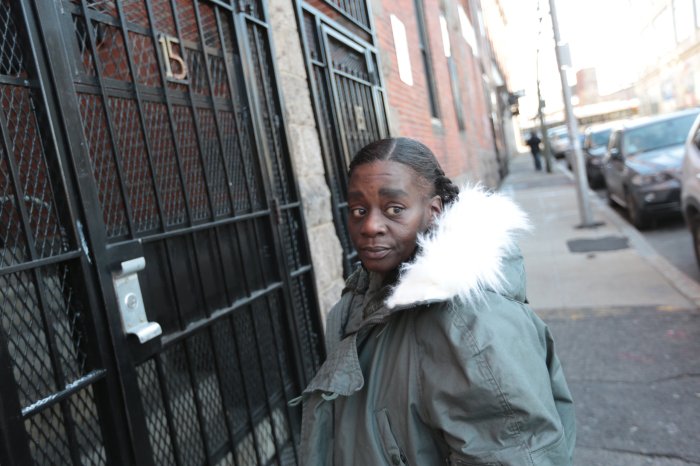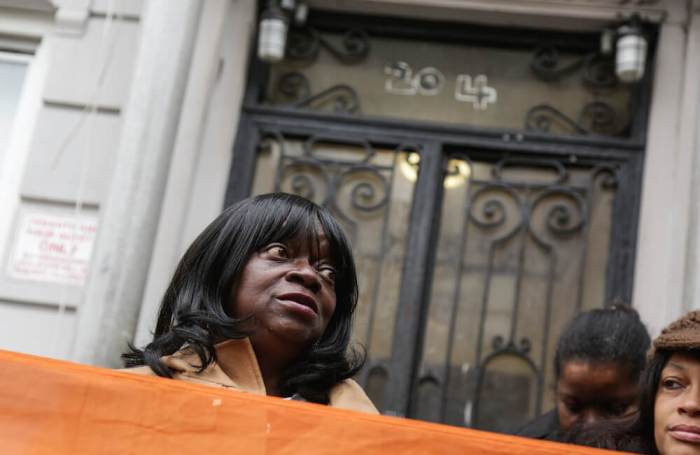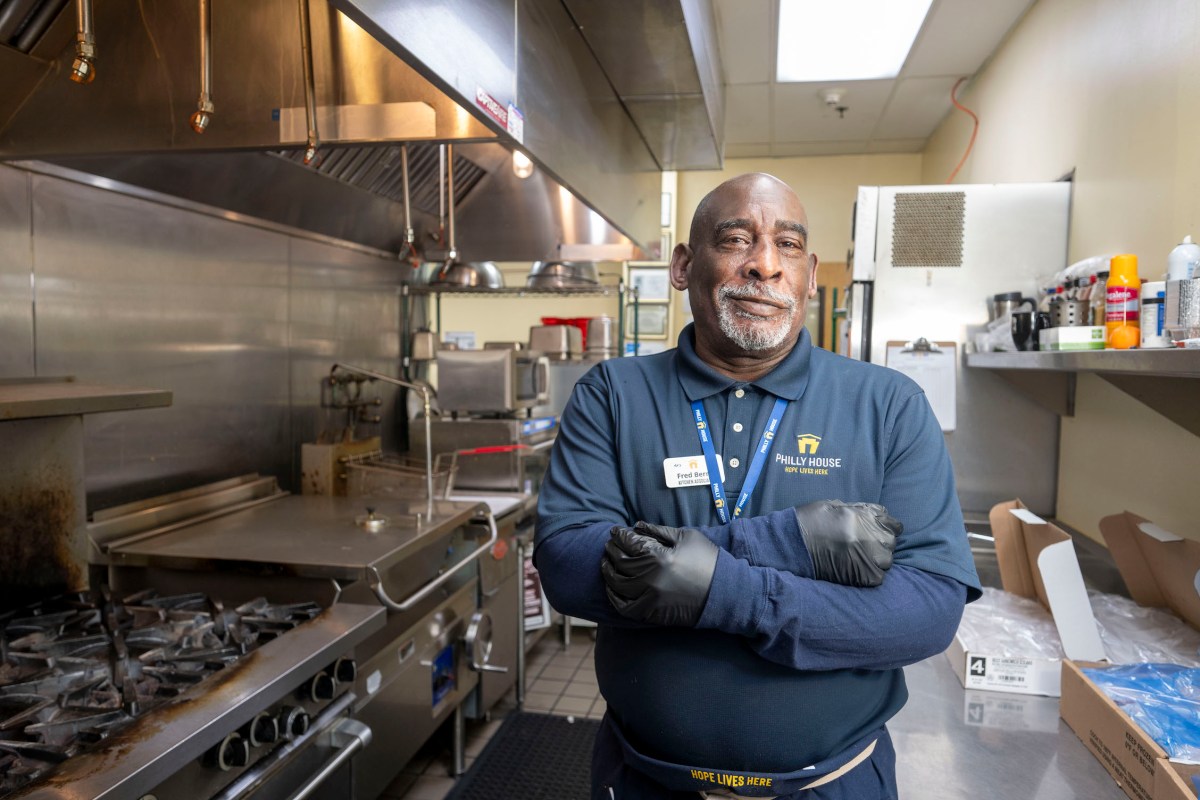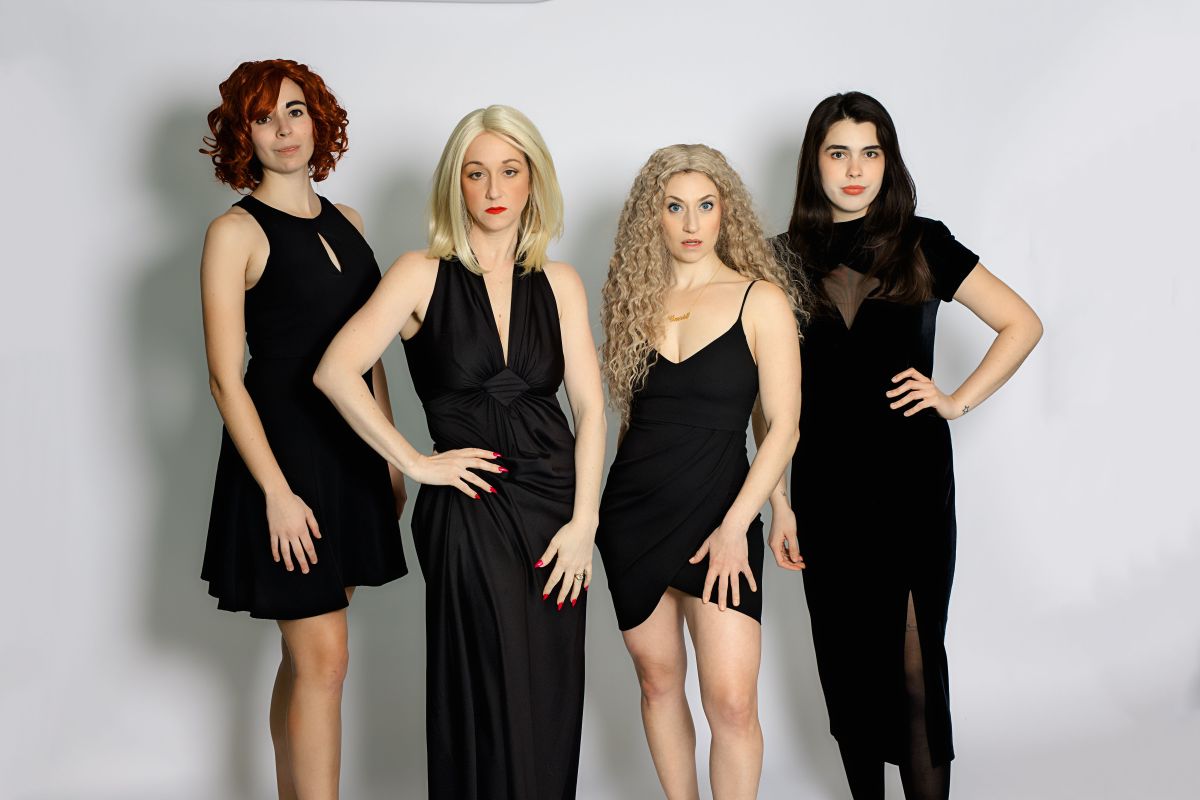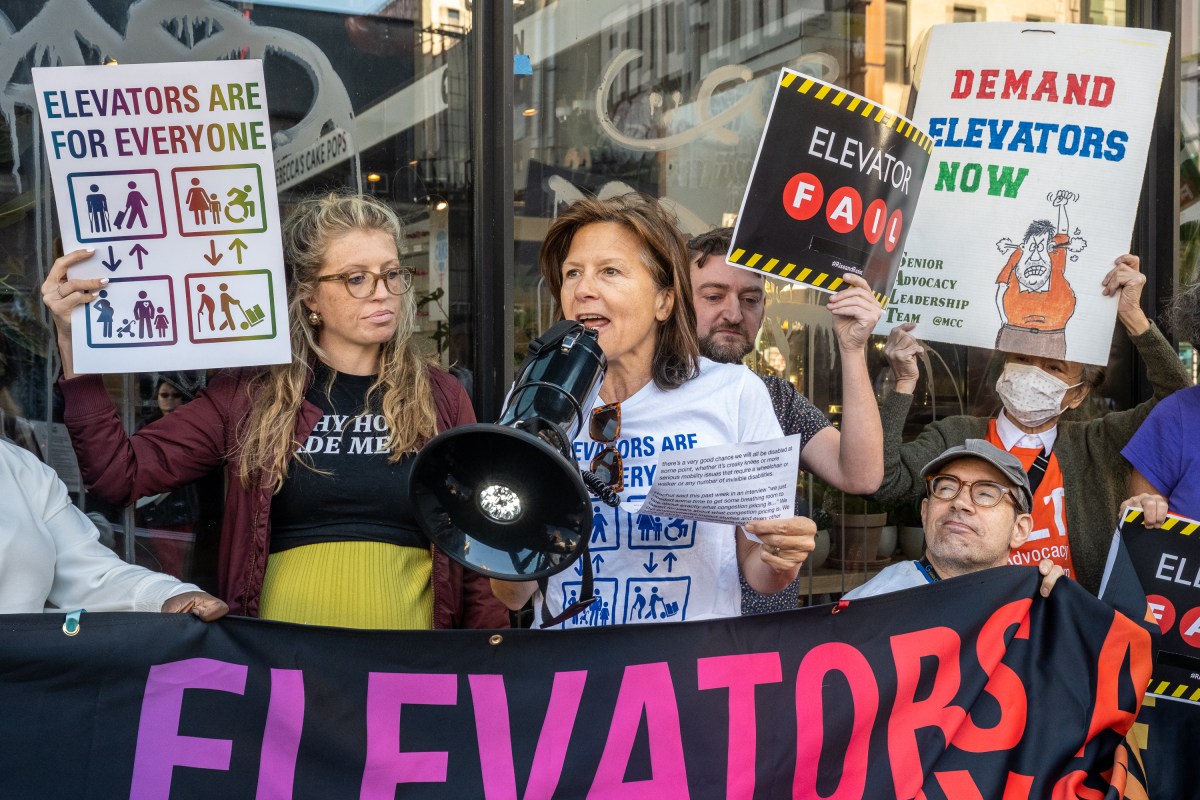Although society is moving forward to make sure all people are treated equally and have the right to a happy life — one group continues to feel left out and hopes more can be done.
The city’s Commission on Human Rights (CHR) released a report that said in 2015 it had opened a total of 755 investigations of discrimination — marking a 20-percent increase from the previous year. RELATED:New water bill credit to help close to 52,000 low-income homeowners Out of those cases, disability-related complaints were seen to be the most common, making up 31 percent of all cases. Race and gender-related discrimination complaints followed respectively at 20 and 18 percent. From the disability complaints, there were three kinds that were most common received by the agency. The first surrounded complaints on disability access involving individuals who rely on wheelchairs or other mobility assistive devices and their inability to access housing and public accommodations because of broken elevators or lack of ramps. Complaints also surface from those with disabilities who use service animal and were denied access or service in both housing and pubic accommodation.
The final were complaints by employees who had been fired or got negative response from employers when time was taken off to deal with a disability.
“The NYC Commission on Human Rights works aggressively to resolve all complaints of discrimination in New York City, including disability discrimination,” CHR Commissioner Carmelyn P. Malalis said. “People with disabilities deserve the same rights, opportunities, and access as everyone else in this city and it’s unacceptable to treat them any differently.” Malalis continued saying the Commission on Human Rights works to get accommodations for people with disabilities as quickly as possible once the complaints are issued. The agency gives out fines to prevent future violations, and works with advocates, city agencies, and the Mayor’s Office for People with Disabilities (MOPD) to educate New Yorkers about their rights and responsibilities under the law. “The Mayor’s Office for People with Disabilities works closely with the Commission on Human Rights to help ensure New Yorkers with disabilities have their rights upheld, are provided the reasonable accommodations to which they’re entitled, and can lead happy, healthy and productive lives in NYC,” said MOPD Commissioner Victor Calise. RELATED:Stair-climbing wheelchair offers alternative to lifts and ramps For Alex Elegudin, president of Wheeling Forward — a nonprofit that aims to provide guidance and resources to disabled individuals — the fact that disabled-related cases were the most common did not come as a surprise. He said that although society is moving towards providing equality for all other groups, disabled individuals still get the short end of the stick.
“The fact that disability-related complaints lead the way is not a surprise,” Elegudin said. “If the policies, infrastructures are not there in the first place to stop those kinds of bad acts, it’s going to have to be dealt with on the complaint part.” According to Elegudin, although some cases are dealt with and resolved, there are many bad ones that disabled individuals face, such as landlords fighting back during housing issues.
And for Elegudin the subject hits close to home because in 2003 he was left bound to a wheelchair after sustaining a spinal cord injury in a car accident. Since then he has been fighting to help others who are disabled and be a level of support. He added that there have not been huge victories on the disability side and he believes legislators must takes steps, just how they have been taking for others., to level the playing field for the disabled. “I just think more needs to be done,” Elegudin said. “It’s one thing fighting for the person, but in many ways it’s fighting for yourself.”
Disability-related cases were most common discrimination in 2015: city
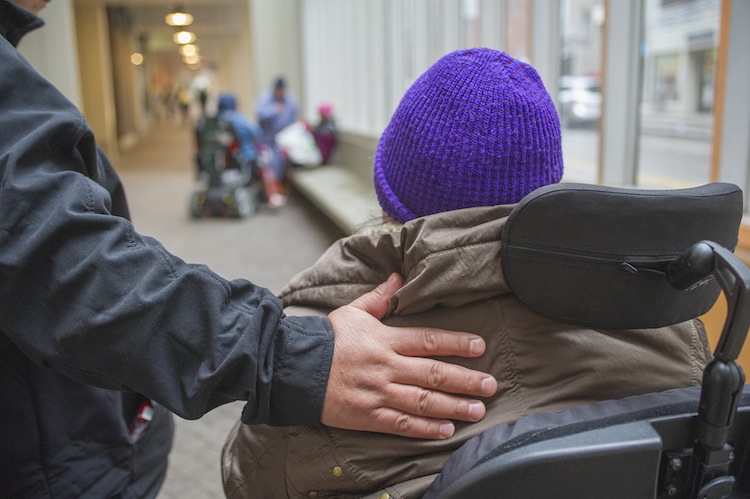
Getty Images


